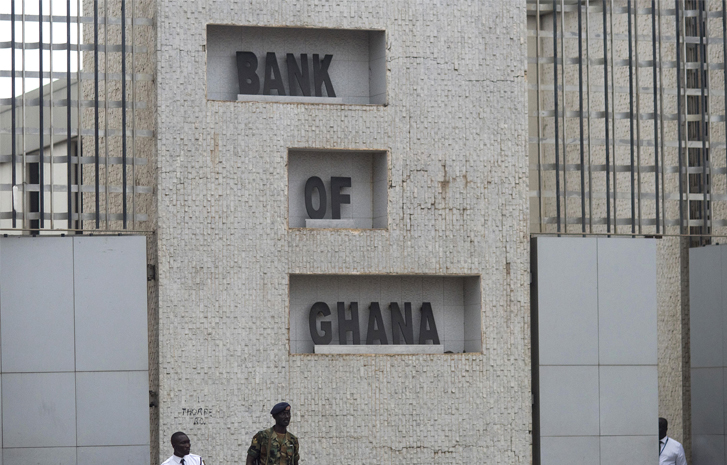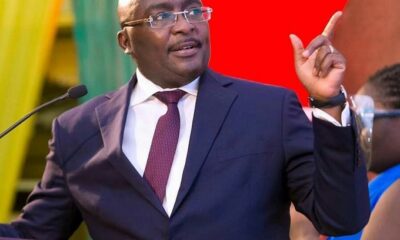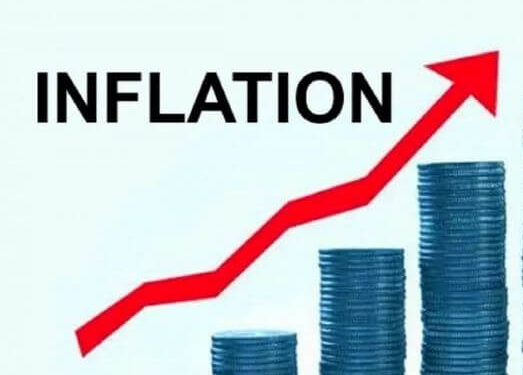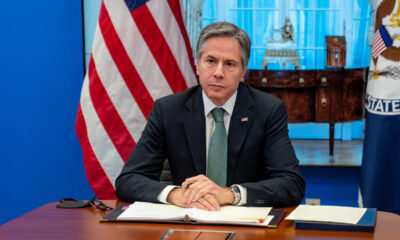The governor of Ghana’s central bank has stated that the country’s economy is still recovering strongly and that inflation is continuing to decline, causing the bank to drop its main interest rate by 200 basis points to 27%. This was the first rate cut since January.
At a press conference Friday, Bank of Ghana Governor Ernest Addison stated that economic indicators point to a proceeding disinflation, with price increases continuing to moderate in the direction of the year’s short-term range target of 13% to 17%.
“Such a strong signalling of the monetary policy rate by reducing it by 200 basis points tells you that the central bank is quite satisfied with the progress of recovery of this economy,” Addison said, adding that all indicators including growth, inflation and fiscal policy are improving.
According to Reuters polled economists in July, Ghana’s interest rate is predicted to drop by 200 basis points by year’s end.
“This easing of policy is understandable, given that the recent falls in inflation had caused real interest rates to rise, something that this cut will partially reverse,” said Leslie Dwinght-Mensah, economist and research fellow at Accra-based Institute for Fiscal Studies.
“The strong rate of economic activity, which official data recently revealed, also gave the central bank the comfort to take this step.”
Economists surveyed by Reuters in July expected that by year’s end, Ghana’s interest rate will have decreased by 200 basis points.
“This easing of policy is understandable, given that the recent falls in inflation had caused real interest rates to rise, something that this cut will partially reverse,” said Leslie Dwinght-Mensah, economist and research fellow at Accra-based Institute for Fiscal Studies.
“The strong rate of economic activity, which official data recently revealed, also gave the central bank the comfort to take this step.”
Economists surveyed by Reuters in July expected that by year’s end, Ghana’s interest rate will have decreased by 200 basis points.
“This easing of policy is understandable, given that the recent falls in inflation had caused real interest rates to rise, something that this cut will partially reverse,” said Leslie Dwinght-Mensah, economist and research fellow at Accra-based Institute for Fiscal Studies.
“The strong rate of economic activity, which official data recently revealed, also gave the central bank the comfort to take this step.”
Following the completion of preliminary debt restructuring negotiations with two bondholder groups, Ghana extended an invitation to holders of its approximately $13 billion worth of international bonds to exchange their holdings for new instruments.
Bondholders can accept the offer until September 30.


 Politics1 day ago
Politics1 day ago
 Tech2 days ago
Tech2 days ago
 Culture2 days ago
Culture2 days ago
 VenturesNow1 day ago
VenturesNow1 day ago



























